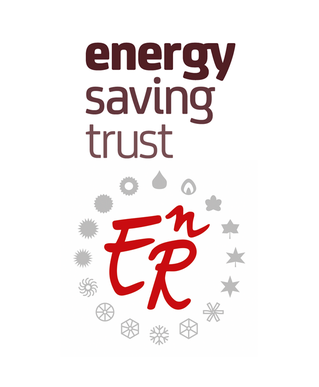Search eceee proceedings
Better off with less (energy)? Household activities during interventions
Panel: 1. The dynamics of limiting (energy) consumption
This is a peer-reviewed paper.
Authors:
Marina Diakonova, ECI - Energy Group. Environmental Change Institute, University of Oxford, United Kingdom
Philipp Grünewald, ECI – Energy Group. Environmental Change Institute, University of Oxford, United Kingdom
Abstract
The dominant supply side perspective in energy research tends to focus on the downsides of (energy) consumption, its costs and the environmental impact. We seek to inform this debate with a reversal of perspective. What are the benefits of energy for the users and how does demand reduction affect them? We have collected over 18,000 simultaneous records of UK household activities, enjoyment and electricity consumption. These data give us novel and nuanced insights into the relationship between what we do, how much (electricity) we consume at the time and how this affects our sense of enjoyment.
Three broad and interrelated trends emerge:
1. Periods of high activity coincide with high demand
2. Periods of high demand coincide with greater enjoyment (!)
3. Interventions to reduce demand can lead to reductions in demand, but also affect activities and enjoyment
Our ongoing research on demand interventions found that requests to reduce demand during peak periods (5-7pm) led to 15% reduction in load. Food related activities have been identified as particularly relevant during peak demand. They tend to get shifted or suppressed and substituted with other activities to compensate. For some, this can lead to increases in enjoyment, while others have their enjoyment reduced, especially where ‘quality time’ activities are scarified during such interventions.
While the overall trend is for periods of high consumption to be more enjoyable, there are important nuances to consider. We will present high-energy low-enjoyment patterns as well as low-energy high-enjoyment activities. Interventions to reduce the former or increase the latter may hold the key to more acceptable public policies and may even increase well-being.Three activities that stand out as the most enjoyable are reading, socialising and sleeping. These are also among the least energy consuming. Instead of denying or penalising energy use, encouraging activities like reading, socialising and sleeping could bring about a wide range of benefits, aside from displacing less enjoyable, costly and environmentally harmful demands.
Downloads
Download this paper as pdf: 1-203-19_Diakonova.pdf
Download this presentation as pdf: 1-203-19_Diakonova_Presentation.pdf
Panels of
1. The dynamics of limiting (energy) consumption
2. What's next in energy policy?
4. Monitoring and evaluation for greater impact
5. Smart and sustainable communities
7. Make buildings policies great again
8. Buildings: technologies and systems beyond energy efficiency
9. Improving energy efficiency in ICT, appliances and products

























